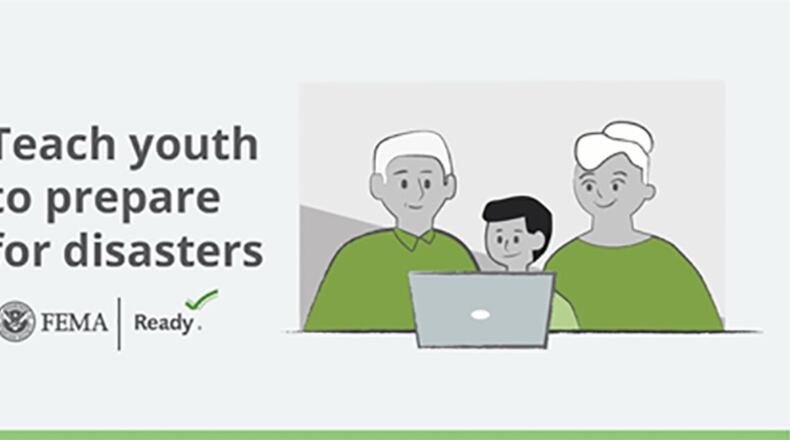For families, it’s important to be sure children can understand the basics of what is happening, without overburdening them with scary information. Try to limit their exposure to the news or social media. If that is not possible, make sure a trusted adult is available to answer any questions they may have.
Disasters can strike with little to no warning, so it’s key you create a family plan that is easy to remember and understand.
You should also consider the possibility that when a disaster happens, the family might not all be in the same place. Create a plan for how you will get in touch with each other, and where you’ll meet.
To help children cope with a disaster, do your best to make time for them, and to stick to a routine. Try to keep their minds off the uncertainty and find fun family activities to pass the time.
When the disaster is over, be sure to keep a close eye on your children for any signs of long-term psychological distress. Children who have direct exposure to an emergency (such as being evacuated or hurt), deal with loss or grief, or experience ongoing stress like loss of housing may be more at risk for long-term psychological problems.
For more information on preparing youth for disasters (and some fun interactive games), visit www.Ready.gov/kids. In addition, contact your unit emergency management representative or Wright-Patterson Air Force Base’s Office of Emergency Management at 937-257-3634.
About the Author
